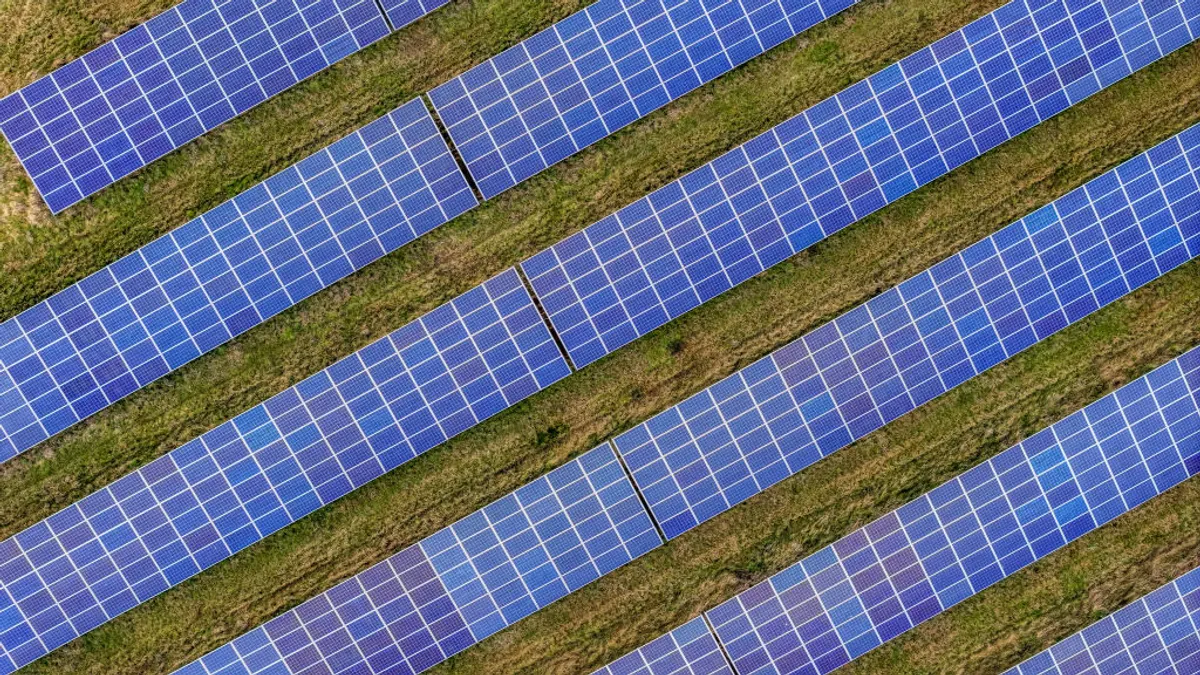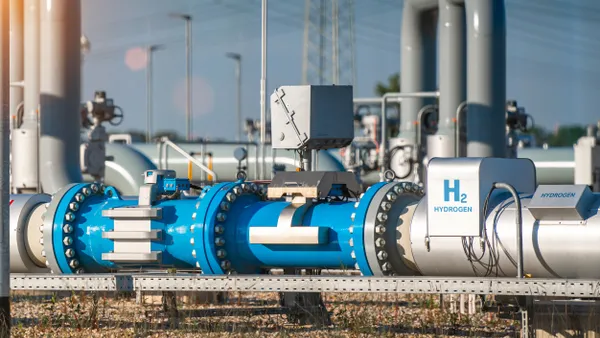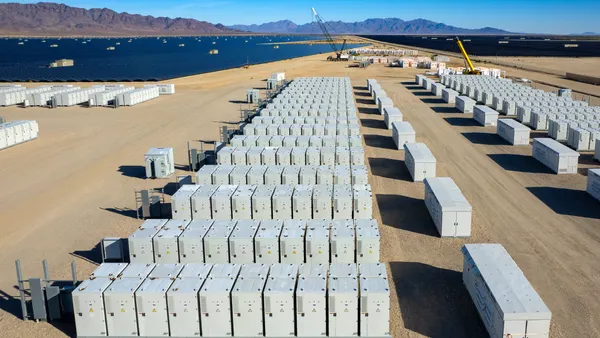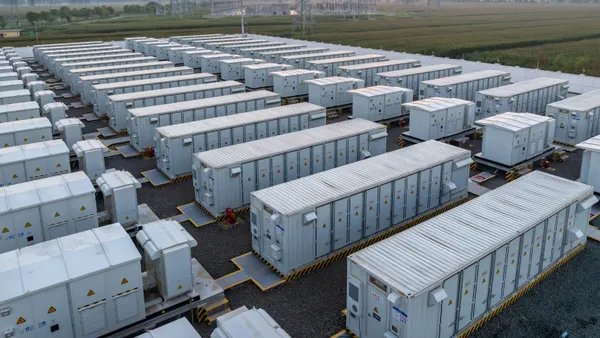The following is a contributed article by Frances Koncilja, a former Commissioner on the Colorado Public Utilities Commission who now advises clients at Koncilja Law and Strategy.
Knowing that the loss of jobs would make it almost impossible for residential and small business customers to pay their utility bills, governors around the country attempted to protect consumers from utility shut-offs by issuing executive orders pausing disconnections and ordering reconnections. The ink was barely dry on these orders when investor-owned utilities around the country requested seemingly benign "accounting orders" to shift the economic pain of the pandemic to their customers.
Colorado is a case study where even consumer advocates treat it as a foregone conclusion that consumers will be on the hook for the consequences of an economic downturn — and that utilities will be allowed to pocket the savings.
What are the likely savings? Reduced operating costs during this economic downturn because numerous businesses are reducing operations and some are closed — perhaps permanently; Lower cost of debt on some of their financing. (However, utilities will continue to collect the cost of debt from their last rate case, even if some of their actual cost of debt is much lower. If the differential is large enough, the utility will stay away from filing a rate case and absorb all of these savings to benefit shareholders); Utilities and/or their unregulated entities may receive payments or other benefits from the various COVID-19 relief bills. However, none of these potential savings are even being discussed in these "accounting order" cases.
In Colorado, not only are the utility savings not being discussed, but the utilities persuaded the consumer advocates to waive their ability to raise these savings issues at a later date. The pending settlement regarding utility expenses stemming from their pandemic response is titled "Unanimous and Comprehensive Settlement Agreement." In four different places, the utilities and the consumer advocates agree that the settlement is a "full and complete resolution of all issues that have been raised or could have been raised." Further, the consumer advocates agree to take no action in any other proceeding to "directly or indirectly" contravene the settlement.
A question of ethics
I have serious questions as to whether it is even ethical for the utilities and their attorneys to request such a waiver as it effectively prevents the Commission from looking at these savings and benefits in the future because there will be no one available to develop the factual record. So, even though the utilities make their Chicken Little argument in these applications that "the sky is falling, the sky is falling" because they have reduced revenue, higher costs, and the rating agencies are watching them, they still had time to paper the pending Colorado settlement agreement to avoid any scrutiny in the future into their savings.
The proposed Colorado settlement is likely not a "one-off" because once a regulator agrees to something like this, the agreement will be paraded before other regulators as support for the argument that everyone is approving this and you should also.
How did the utilities fare in their second quarter (the pandemic quarter), according to recent earnings reports? In spite of the reduction in revenue and increased costs, most of them are beating their earnings projections and declaring dividends. That is certainly true of the Colorado utilities. Xcel beat its earnings projections by almost 15% and declared a commensurate dividend.
Where is the public interest in these requests? In the Colorado proceeding, any discussion of the public interest, data or metrics to quantify how the proposed order is in the public interest is missing. Instead it is an "ipse dixit" —I say it, therefore it is.
Why should the utilities, as opposed to other businesses, be immune from many of the economic downturns from COVID-19? There is no indication that the utilities are doing any of the things that other companies are doing — freezing employee compensation, reducing or freezing executive compensation, delaying dividend payments to shareholders. Why is it in the public interest to allow utilities to keep COVID 19-related savings for shareholders while customers bear the burden of the majority of the costs?
The utilities are correct in describing in their filings that the effects of COVID-19 are unprecedented and unexpected. However, that is exactly why regulators should be cautious in approaching these requests and should also order the creation of a regulatory liability to track all of the savings. Once the regulators have all of the information as to costs and savings, rational economic decisions can be made as to who bears, or shares the net costs of this pandemic.













